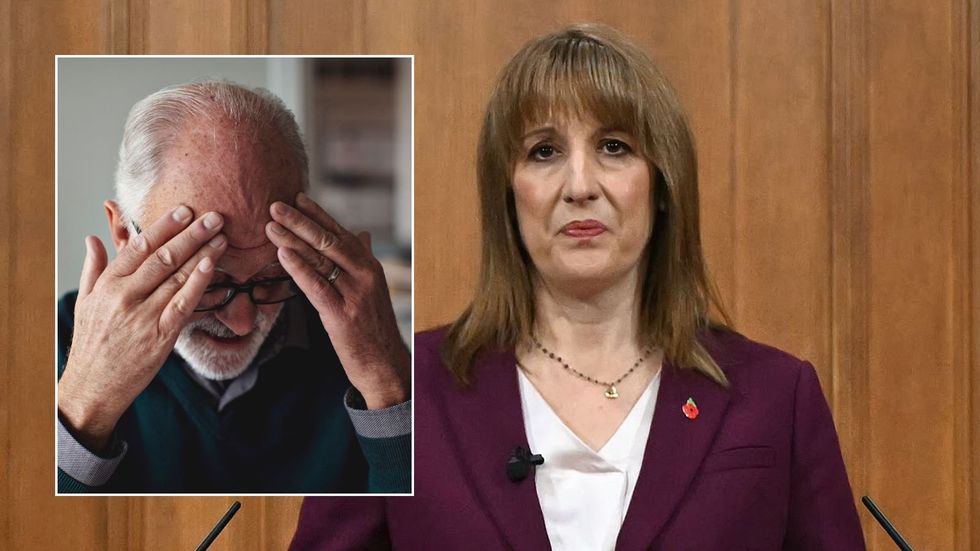Analysts are giving Chancellor Rachel Reeves a “stark warning” and telling her to avoid four major reforms to the pension system which could hurt savers in the Autumn Budget on November 26, 2025.
Speculation is rife in the weeks leading up to the fiscal statement with the Treasury understood to be considering income tax hikes, a cut to National Insurance and other changes to balance the books.
PensionBee has voiced alarm over potential pension reforms in the forthcoming Autumn Budget, cautioning that speculated changes could undermine retirement savings efforts across the UK.
This comes following the Chancellor’s changes to inheritance tax (IHT) rules in last year’s Budget, which will make pension savings liable for the unpopular levy from April 2027.

The pension provider’s Chief Business Officer UK, Lisa Picardo, has outlined multiple areas of concern regarding rumoured policy adjustments that might feature in the Chancellor’s announcements.
These include:
- Reducing the pension tax-free lump sum
- Removing higher rate relief on pension contributions
- Capping or scrapping salary sacrifice
- Further reforms to inheritance tax (IHT).

One major area of apprehension involves the potential reduction of the pension tax-free lump sum, currently capped at £268,275.
“The pension tax-free lump sum is a cornerstone of retirement planning, which many have factored into their planning,” Ms Picardo stated.
She explained that this allowance helps retirees settle debts, handle significant costs, pay off remaining mortgages, or establish emergency funds for their post-work years.
“Limiting the total tax-free cash of £268,275 to a lower amount would be hugely unpopular, especially for those near retirement,” she warned.
Ms Picardo emphasised that such changes would damage trust and potentially discourage private retirement savings when increased saving should be encouraged.
Another significant concern relates to potential changes affecting higher rate tax relief on pension contributions.
“Tax relief on pensions is a critical element of encouraging people to save for the future, providing a much needed boost,” Ms Picardo explained.
She argued that reducing or eliminating this benefit would contradict Government promises not to increase taxes on workers. The company also highlighted risks to salary sacrifice schemes, which allow employees to redirect pre-tax income into pensions whilst reducing their tax and National Insurance obligations.

From April 2027, most unused pension funds and death benefits would count towards estates for inheritance tax calculations.
“This ‘pension death tax’ would represent a major departure from the current rules, and continues to receive opposition from the public and the industry,” Ms Picardo said.
She cautioned that beyond creating administrative difficulties for bereaved families, the changes might discourage retirement savings or prompt premature spending.
Additional concerns involve potential alterations to seven-year gifting regulations and exemptions that currently help families support younger generations with educational and housing expenses.
Our Standards: The GB News Editorial Charter







Follow